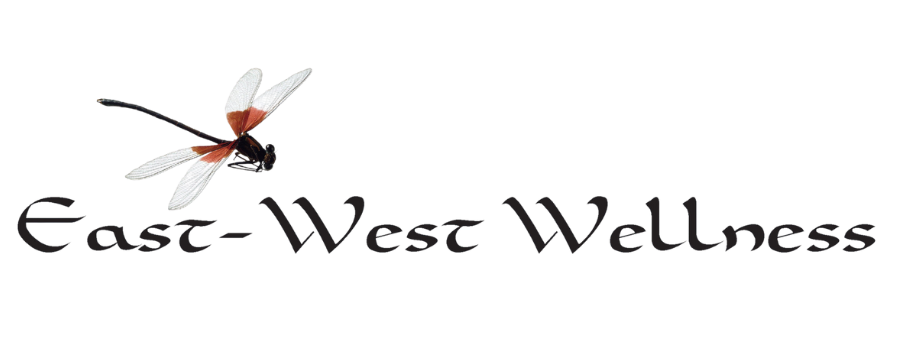Detoxification for Lasting Energy and Health
A detox is a process aimed at removing toxins or harmful substances from the body. While the term is often used in wellness and alternative health contexts, the body naturally detoxifies itself every day through organs like the liver, kidneys, lungs, breathing (respiration) and skin. In a perfect world, the body’s natural detox systems are efficient and can be sufficient.
3 Types of Detox
Dietary and Lifestyle detox are done as temporary programs. A popular example is Juicing, which is also referred to as a cleanse. These cleanses include elimination diets removing processed foods, sugar, alcohol, or caffeine. Intake of dairy, wheat and meats are often eliminated or modified.. The focus is clean eating, increasing water, fiber, antioxidants and sleep. This approach reduces the overconsumption of rich foods, alcohol, sugar and processed foods on the body.
Medical Detox refers to supervised medical interventions to help individuals safely eliminate harmful substances, such as drugs or alcohol, from their systems. This often involves managing withdrawal symptoms and blood sugar dysregulation that often acompanies. This is especially true if their is a co-existing condition like diabetes, hypertension, and mood disorders like depression or anxiety where more push back can arise from detoxing. This is a common approach to address symptoms they attribute to toxin buildup, such as fatigue, brain fog, digestive issues to address chronic inflammation and oxidative stress. This approach when done incorrectly can lead to more side effects like headaches, cold symptoms and feeling worse, not better.
Environmental Detox reduces the body’s environmental toxins like heavy metals, pollutants (carbon monoxide, petroleum, VOCs), or synthetic chemicals (BPA, phthalates, flame retardants, PFAS), . This requires testing, supervision, and monitoring. Environmental toxins are an inescapable part of modern life, but understanding their sources, effects, ways to minimize exposure, and how to eliminate them when exposed can help mitigate their impact on health. Check out our blog on environmental toxins to learn more.
Our Approach
“First, Do No Harm." Finding the best approach for each individual is the cornerstone of effective detoxification. The goal is to determine whether general dietary adjustments and targeted support can sufficiently aid the body or if it's necessary to take a more phased approach—calming the body, opening drainage pathways, and optimizing function and metabolic capacity—before attempting to remove substances.
Pushing detoxification when the body isn’t ready, or when its natural elimination pathways are impaired, can lead to worsening symptoms or even harm. Correct assessment is crucial. Evaluating an individual’s physical, psychological, and social health provides the foundation for understanding their specific needs, especially when medical detox is involved. This careful approach ensures we don’t push too hard, respecting the body’s capacity to clear toxins safely and effectively.

